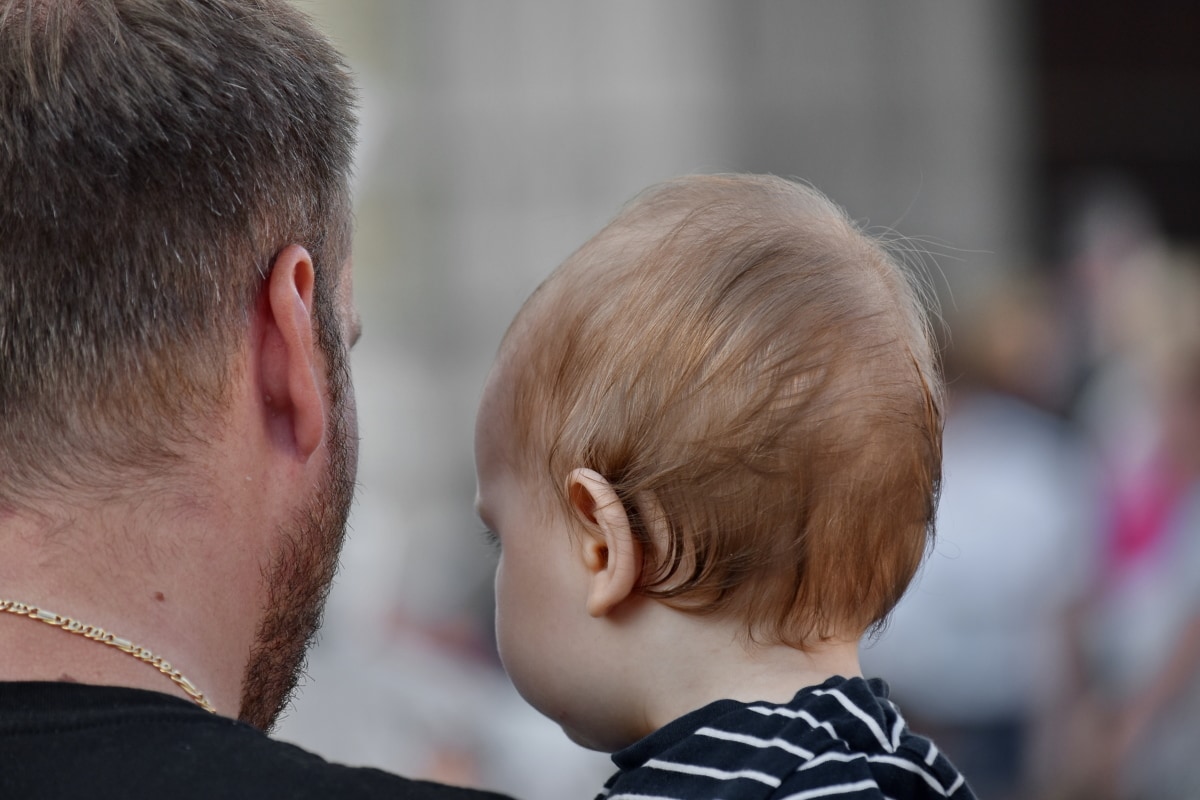 Virginia law recognizes the rights of children who are younger than 18 years of age to seek compensation from the individuals or organizations who injured them by acting negligently or reckless. At the same time, the state makes it impossible for minor children to take legal actions such as filing insurance claims.
Virginia law recognizes the rights of children who are younger than 18 years of age to seek compensation from the individuals or organizations who injured them by acting negligently or reckless. At the same time, the state makes it impossible for minor children to take legal actions such as filing insurance claims.
The apparent paradox can be resolved by having an adult stand for the injured child. The process for doing that can get a little complicated, but a personal injury and wrongful death attorney who has advised and represented families in Virginia will know how to navigate all the issues.
How a Case Is Filed Matters
Imagine a mother is driving along I-64 in Chesapeake, VA, with her two elementary school age children in the back seat of her SUV. The woman approaches a backup at the High Rise Bridge and slows down, but the tractor-trailer driver behind her cannot reduce speed quickly enough.
Everyone survives the rear-end collision, but the mother and her children have to go to the hospital. Surgeries are required, and one of the kids never fully recovers their ability to learn and retain new information.
LEARN MORE
- What Should a Parent Do When Their Child Is Injured in an Accident Caused by Someone Else?
- What Does ‘Pain and Suffering’ Mean in a Personal Injury Case?
- What to Do When Your Child Is Injured by a Defective Product
Once the mother’s health permits, she can file insurance claims or pursue lawsuits against the at-fault truck driver and the trucking company that employed them. The complications start with separate filings for the mother and each of the children.
A second wrinkle is that section 8.01-8 of the Virginia Code—“How minors may sue”—specifies that a “next friend” must serve as the person who actually hires a personal injury lawyer, deals with insurance claims adjusters, signs paperwork and stands in court (if necessary). A next friend can be a parent or legal guardian. If a parent or legal guardian is not available, then another adult can file the suit as the minor’s next friend.
Importantly, the next friend is not the plaintiff. Rather, the next friend represents the interest of the child who is the plaintiff. This arrangement is reflected in the way filings are labeled. For example, a lawsuit might name “A Minor, John Doe, Who Sues by His Next Friend and Parent, Mary Doe.” A Virginia court may throw out a lawsuit on behalf of an injured child without even considering the merits if only the minor or only the next friend is named.
An Insurance Settlement for a Child Usually Requires Court Approval
Most personal injury cases do not go to trial. Negotiating an insurance settlement can take a lot of time and tears, but both insurers and plaintiffs generally prefer to work out the details of compensation themselves without asking a civil court jury to decide the outcome.
A judge will, however, probably want to review and sign off on a settlement for a minor child. Virginia law requires a next friend to act in the best interest of a child plaintiff. A judge may ensure this happens by appointing a guardian ad litem who is charged with ensuring that the next friend negotiates in good faith and does not agree to terms that only benefit the adult rather than the child.
A judge will also want to ensure that the funds paid in settlement actually go toward the care and upkeep of the child until they reach adulthood and can take control of their own financial matters. Section 8.01-424 of the Virginia lists several options for structuring settlements for minor children.
One example involves setting up a fund such as an interest-bearing savings account that is initially controlled by the court. A designated parent or caregiver can withdraw money in amounts sufficient to provide for the child until they reach adulthood. Then, the child attains full access to the savings account on the day of their 18th or 21st birthday.
Parents Can Ask for the Payment of Medical Expenses
Section 8.01-36 of the Virginia Code allows a parent or guardian who has paid for the medical care of a child who has a pending personal injury claim to file separate claims for reimbursement. This is not the same legal action as the insurance claim or lawsuit for the child. Consulting with a plaintiff’s attorney will clarify the process.
EJL